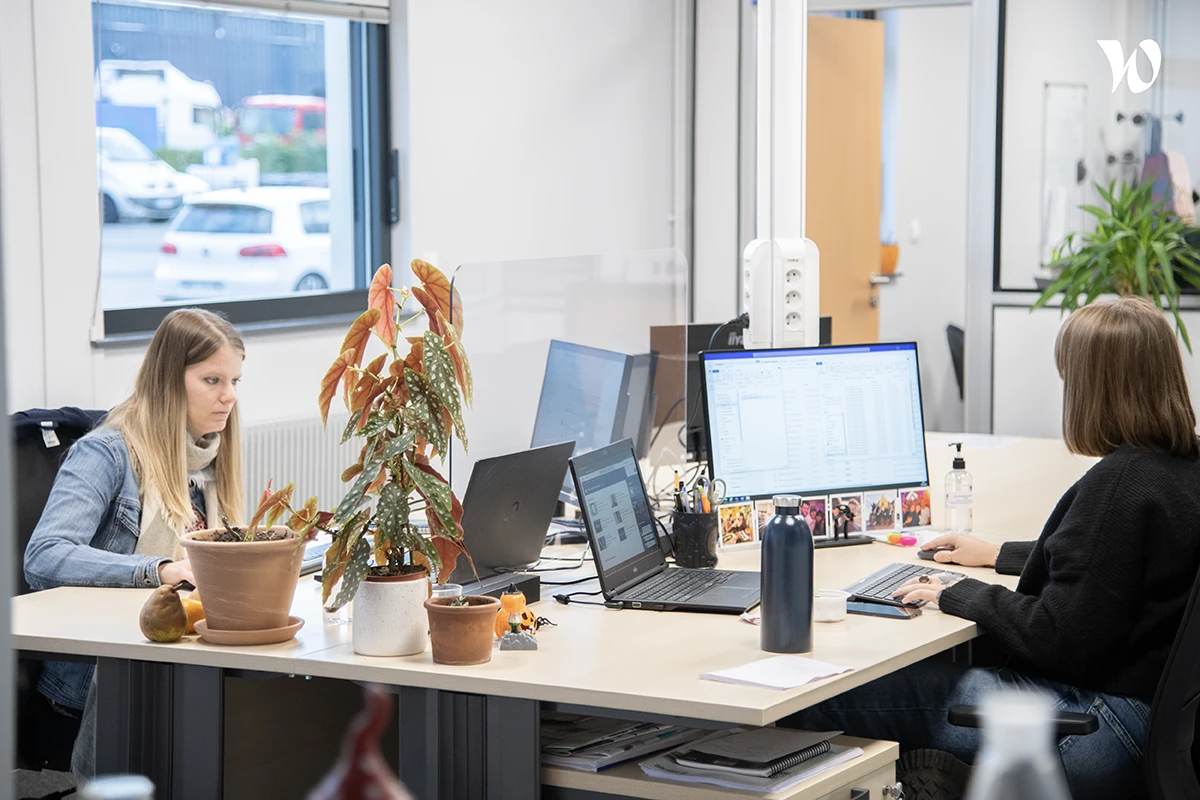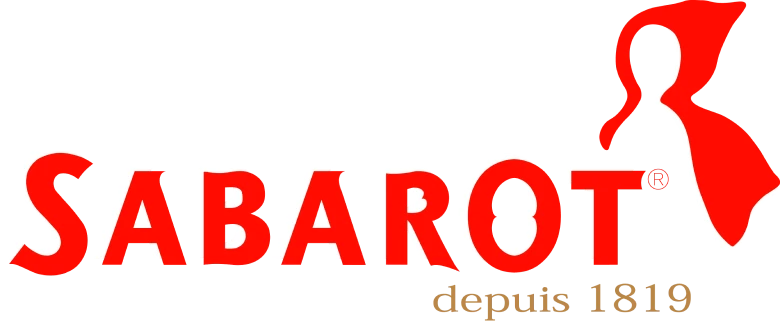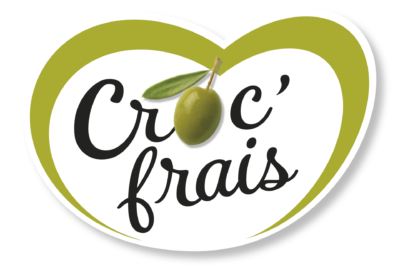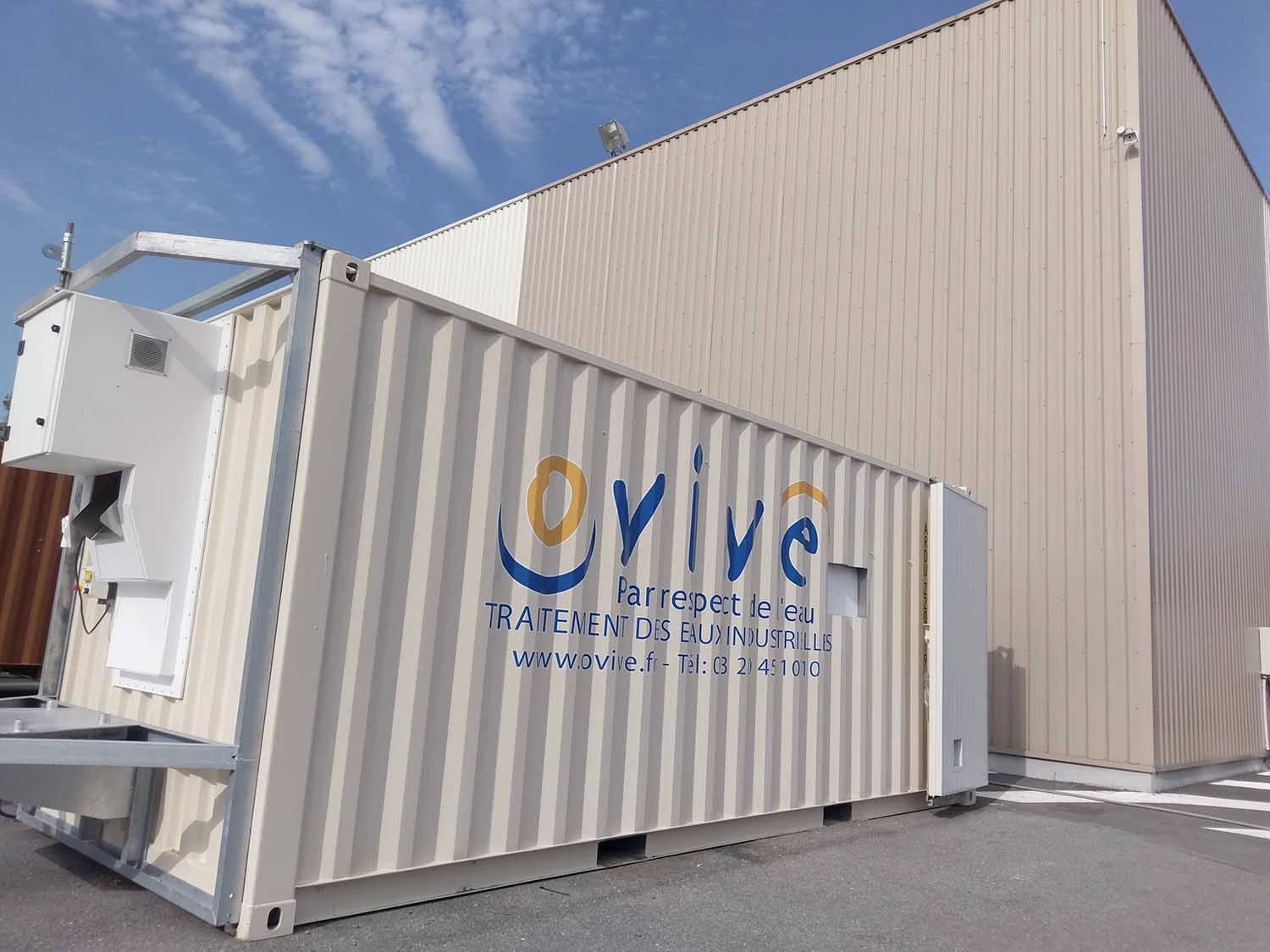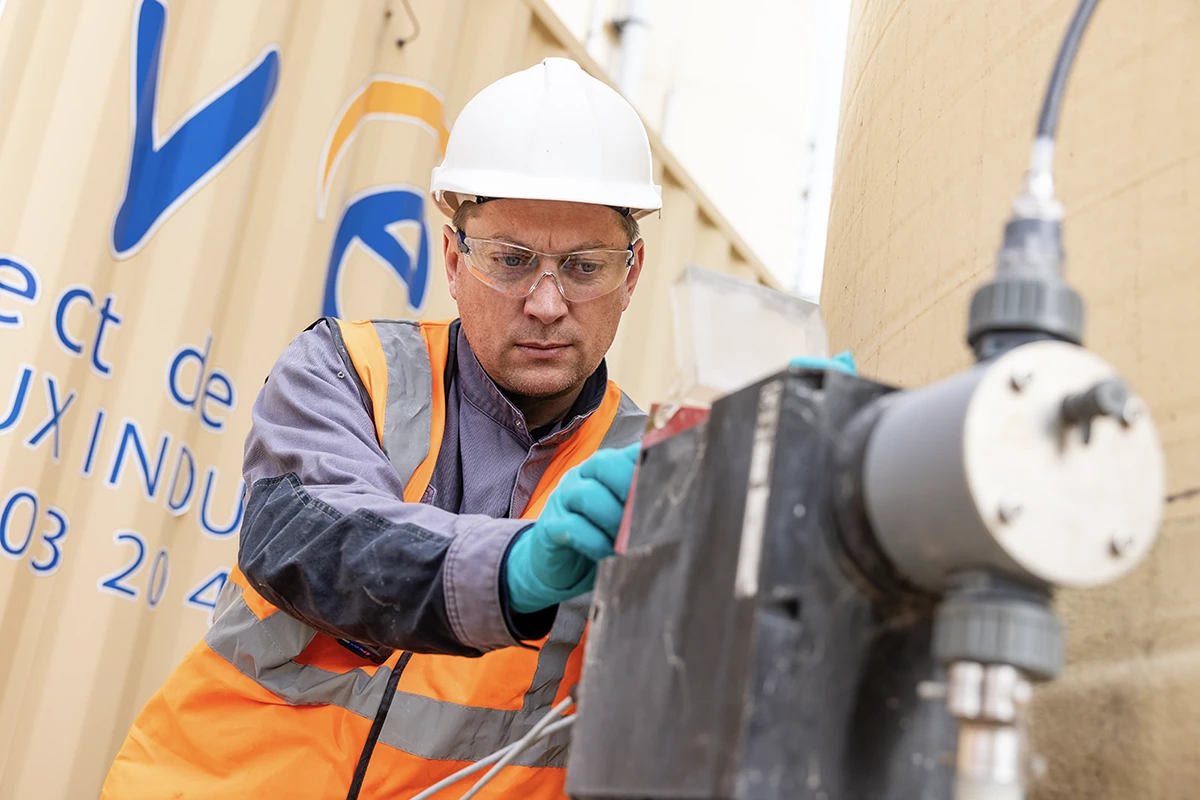Methanization of leachates
Methanization, a judicious pre-treatment method for highly organic leachates.
Take advantage of the methanogenic potential in your leachate to optimize its treatment. Advanced anaerobic digestion of the leachate produces biogas from the organic load. Aerobic finishing treatment ensures compliance with discharge standards. Benefit from Ovive’s experience and know-how in aerobic and anaerobic treatment of leachates and waste effluents.
Methanization as a pre-treatment for highly organic leachates
Methanization is an anaerobic process, based on the action of bacteria, in the absence of oxygen.
Leachates are effluents produced by the combined action of rain and the fermentation of waste in the landfill.
Leachates are highly charged with organic pollutants, nitrogen, metals and salts, and constitute an environmental hazard that must be collected and treated accordingly.
Leachates with a very high organic load can undergo pre-treatment by methanization, enabling the anaerobic action of the landfill to continue and biogas to be generated from the organic load (COD, BOD).
Anaerobic digestion is an interesting biological process for reducing the organic load in very heavily loaded effluents.
Leachate treatment by anaerobic digestion: an environmentally responsible choice
Methanization leachate treatment is a process that uses biotechnological tools to transform organic waste (leachate) into a renewable energy source, biogas. When organic waste undergoes anaerobic decomposition (without the presence of oxygen) in a digester, a specific fermentation unit, it releases biogas, a mixture of methane and carbon dioxide. This specific extraction of gas from leachates offers a number of environmental advantages.
Reducing pollution
This pre-treatment reduces pollution. Leachate, the effluent produced when waste decomposes under anaerobic conditions, is usually highly polluting if it is not properly treated before being released into the environment. These decomposition and fermentation processes lead to the production of large quantities of biogas, minimizing the organic load present in the leachate.
Renewable energy production
Methanization treatment of leachates promotes the production of renewable energy. The resulting biogas is a renewable energy source that can be used to generate electricity or heat. It can also be purified to obtain biomethane, which can be injected into the natural gas network or used as a vehicle fuel.
Reducing greenhouse gas emissions
This treatment significantly reduces greenhouse gas emissions. Indeed, the gases produced by the anaerobic fermentation of waste, notably methane, are around 28 times more damaging to the greenhouse effect than CO2. Thanks to anaerobic digestion, these gases are recovered and used, reducing their emission into the atmosphere. Energy recovery from waste also helps to reduce dependence on fossil fuels.
The Ovive solution for optimized leachate methanization
Dedicated to the treatment of leachates and industrial water, Ovive offers specific support for the optimization of leachate pretreatment by methanization. Thanks to its in-depth expertise and mastery of cutting-edge technologies, Ovive offers customized solutions for efficient waste management and energy recovery.
Integral solution
For effective implementation of this treatment, Ovive offers a comprehensive solution that includes analysis of the specific characteristics of the leachates to be treated, diagnosis of existing facilities, design and installation of a dedicated methanization plant and complementary aerobic treatment, as well as performance monitoring and optimization. With Ovive, the treatment of leachates by methanization becomes an opportunity for waste recovery. The company supports industrial companies in the installation and operation of this energy and environmental solution, and provides a comprehensive service to optimize leachate methanization performance.
Environmental and economic benefits
Leachate treatment by methanization, supported by Ovive, enables a significant reduction in energy consumption and sludge production, as well as reducing the organic load. The digested leachates are then treated in an Ovive BRM plant to reduce the remaining pollutant load, particularly nitrogen. In addition to these environmental and economic advantages, leachate treatment by methanization is also a source of innovation for manufacturers.
Ovive’s solutions enable you to rethink waste management systems and turn them into sustainable, energy-efficient and environmentally-friendly solutions.
We guarantee professional service and customized support throughout your project.
Case studies
Ovive’s teams
as close as possible
to your needs.
A local partner, Ovive is present throughout France with 11 branches.
Find the branch nearest you!
